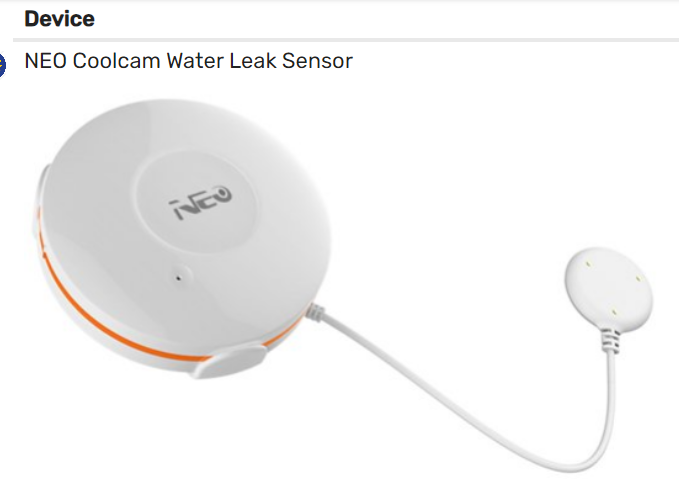This is the one I was referring to...sensor is on a 3.5mm plug.

So it was easy - IIRC I plugged the new cable into the main unit, and plugged in the sensor at the other end (female) of the cable.
This is the one I was referring to...sensor is on a 3.5mm plug.

So it was easy - IIRC I plugged the new cable into the main unit, and plugged in the sensor at the other end (female) of the cable.